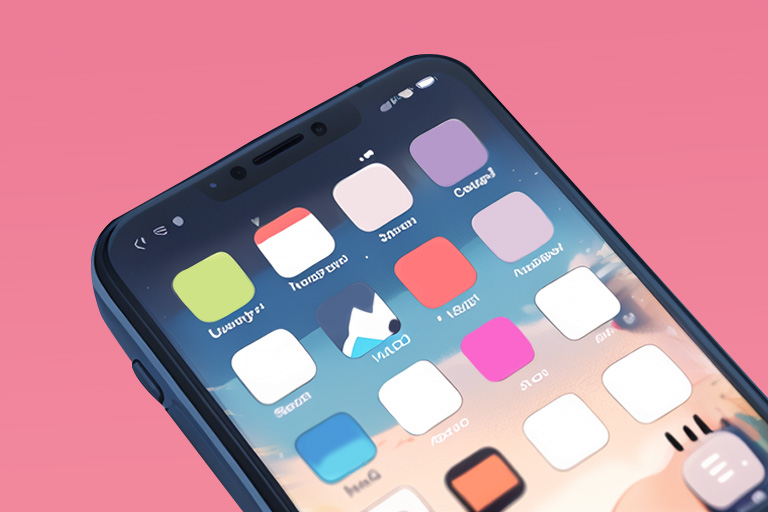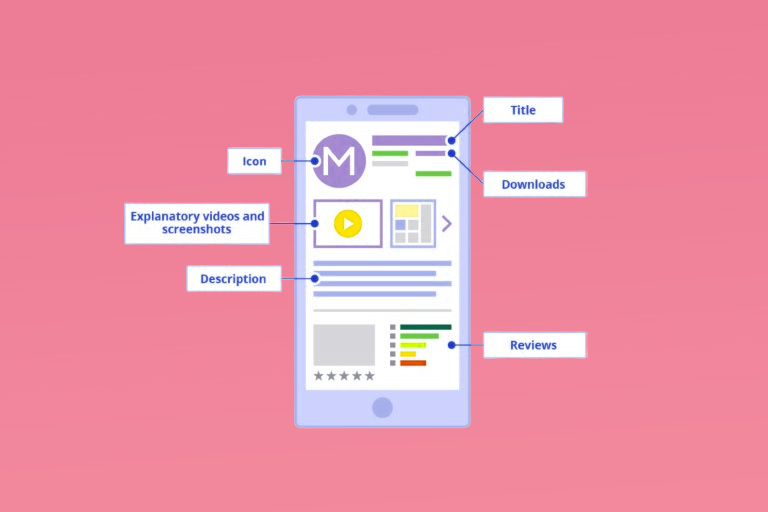For iOS app developers, the keyword field in App Store Connect is a gateway to visibility. This field, when used strategically, can dramatically enhance an app's presence in the App Store's search results, making App Store Optimization (ASO) a critical part of the app marketing playbook.
Optimize Impressions: While it's tempting to chase after the most popular keywords, it's essential to consider how competitive these keywords are. Sometimes, targeting less popular but more specific keywords can yield better results.
Run Competitive Analysis: Take a look at what keywords successful competitors are using. If you have a budget-tracking app and notice a competitor ranks well for "expense management," consider whether that term applies to your app too. Use ASO tool like FoxData's App Marketing Analytics tool to help you in this process.
Localize Keywords: If your app is available in multiple countries, tailor your keywords to each market. "Color" in the U.S. should be "colour" in the U.K., for example. See the Global Market here.
Regular Updates: Search trends can change rapidly. Regularly review and update your keywords to ensure they remain effective and relevant.
The Rules for Adding Keywords to the Keyword Field
- Character Limit: The keyword field is limited to 100 characters. Think of it as a Twitter post for your app's searchability. Each character is valuable real estate, so choose words that pack a punch.
- No Spaces: Keywords should be comma-separated without spaces. For instance, "fitness,health,workout" instead of "fitness, health, workout" saves you precious characters.
- No Repeats: Keyword stuffing, the practice of repeating the same word in hopes of higher rankings, is both ineffective and frowned upon. Apple's algorithm is designed to ignore such tactics.
- No Special Characters: Special characters and numbers should be reserved for when they are essential. For example, if your app is named "Phase2," the number is necessary.
- No Brand Names: Using unrelated brand names or trademarks can lead to legal issues and is strictly prohibited. Keep your keyword field original and authentic to your app.
- Correct Spelling: Misspellings can lead to missed opportunities. Ensure that every keyword is spelled correctly to maximize its potential.
- Singular Form: The algorithm is sophisticated enough to interpret both singular and plural forms from a single entry, so choose the singular to save space for more keywords.
Best Practices for Pushing Your App Store Keywords
Prioritize Relevance: Select keywords that accurately reflect what your app does. For example, if your app offers guided meditation, "meditation, mindfulness, stress relief" could be strong contenders.Optimize Impressions: While it's tempting to chase after the most popular keywords, it's essential to consider how competitive these keywords are. Sometimes, targeting less popular but more specific keywords can yield better results.
Run Competitive Analysis: Take a look at what keywords successful competitors are using. If you have a budget-tracking app and notice a competitor ranks well for "expense management," consider whether that term applies to your app too. Use ASO tool like FoxData's App Marketing Analytics tool to help you in this process.
Localize Keywords: If your app is available in multiple countries, tailor your keywords to each market. "Color" in the U.S. should be "colour" in the U.K., for example. See the Global Market here.
Regular Updates: Search trends can change rapidly. Regularly review and update your keywords to ensure they remain effective and relevant.
Find and Choose Keywords for iOS App Optimization
- Semantic Analysis: Dive into your app's functions to extract potential keywords. If your app specializes in live sports streaming, terms like "live scores, sports events, stream games" could be relevant.
- Competitor Study: Monitoring competitors can reveal keyword opportunities. If a rival's app similar to yours is ranking for "budget planner," it's worth considering for your own keyword strategy.
- User Queries: Pay attention to the actual phrases users type into the App Store search bar. Tools like Apple Search Ads provide insights into these search terms.
- Relevance and Volume: Choose keywords that not only describe your app's essence but also have a significant search volume. It's a balancing act between being descriptive and being discoverable. ASO tools like Keyword Explorer can also help you to find the best keywords for your app.







